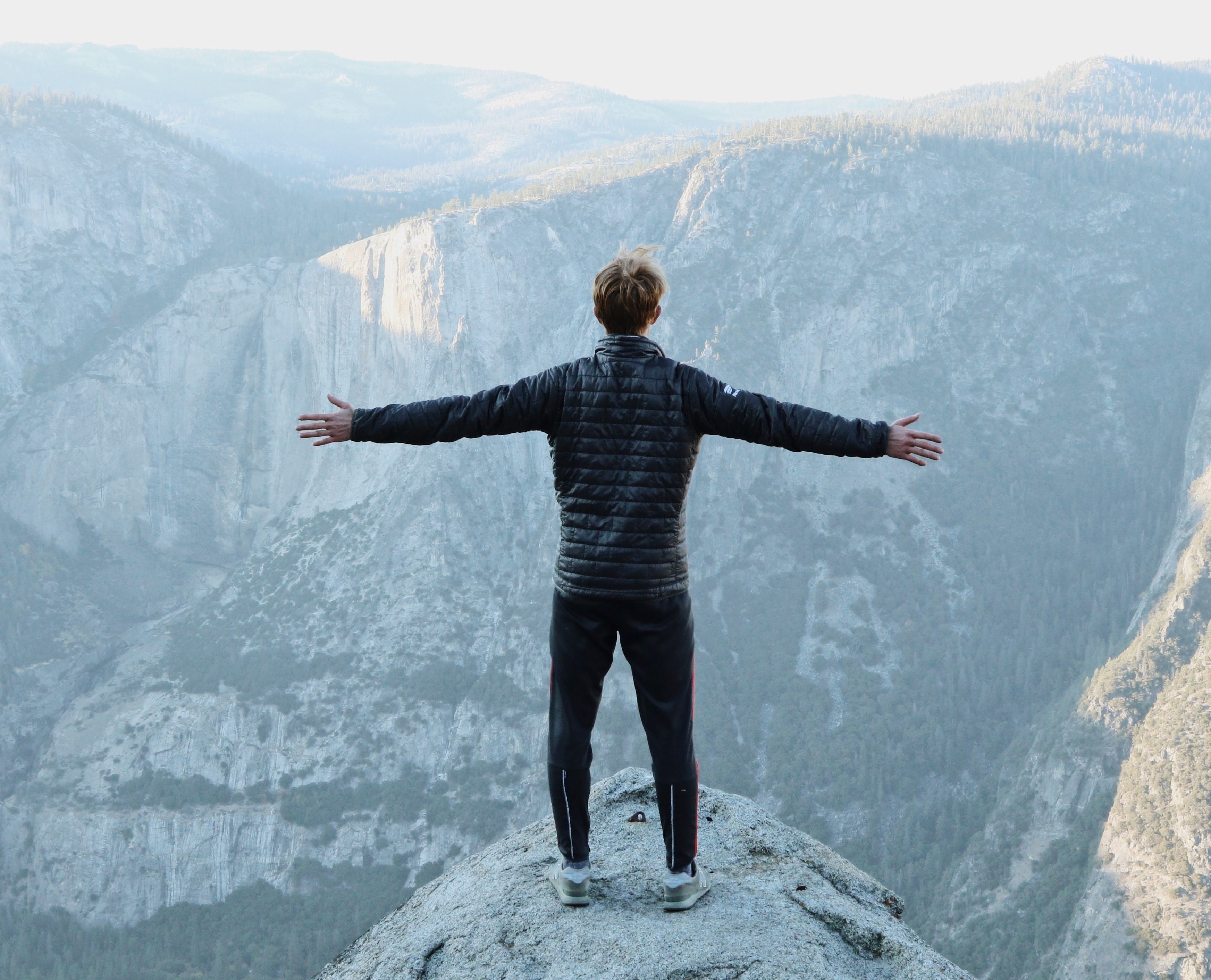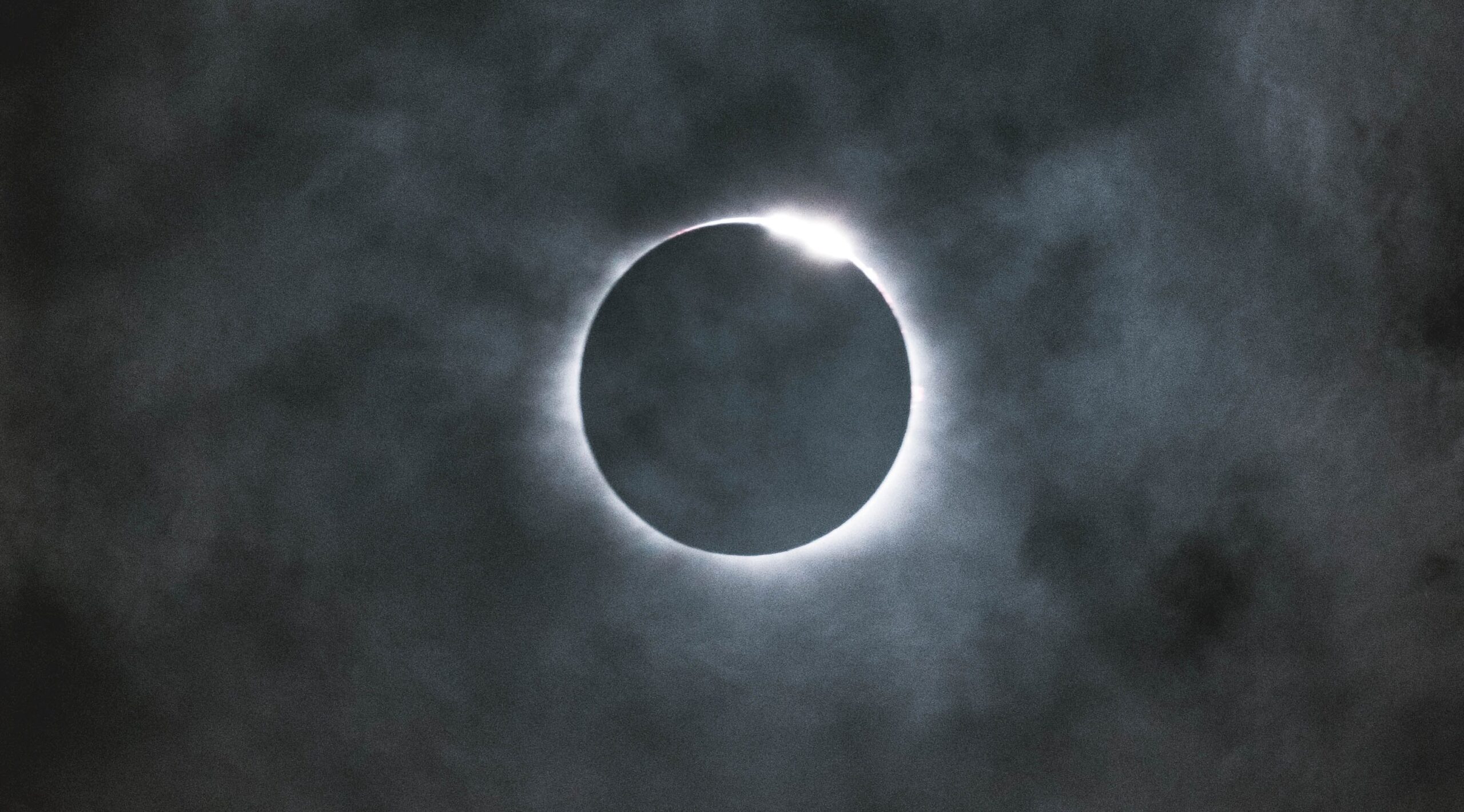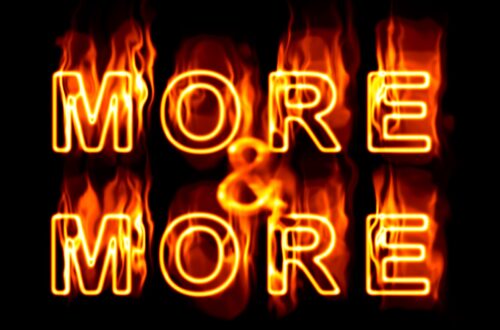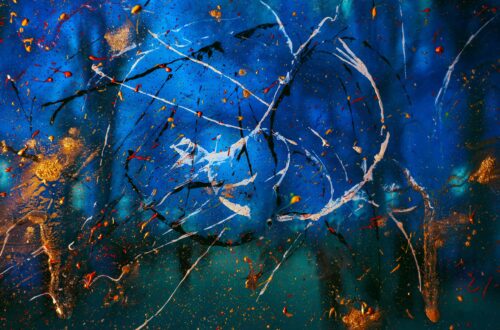
Nietzsche’s Ubermensch: The New Human
If we’re to ever save this planet and our democracy from Climate Change and the host of other problems we face, we will have to rise above only focusing on our everyday lives and practical concerns.
It’s not that we want to jettison all practical concerns, obviously we have to take care of the necessities, but if they constitute the totality of who we are, then we won’t be able to overcome our problems because we won’t be able to overcome ourselves.
Nietzsche’s Prophecy: The Ubermensch
The German philosopher, Friedrich Nietzsche, talked about the next stage in human evolution. One hundred and fifty years ago, he saw humanity heading toward a catastrophe. He wasn’t aware of Climate Change or pending nuclear war, but saw the flaws in humanity, and thought they would lead to our eventual downfall.
He believed the only way to prevent the coming catastrophe was for humans to evolve into a new species, a new human, he called, the Ubermensch.
This is commonly translated as the “Superman, but the German word, Uberwinden means to overcome. Mensch means “man” or “human”. So “Self-Overcoming Human” seems to be the most accurate translation of Ubermensch.
Self-Overcoming
In other words, the New Human is one who continually overcomes their doubts, fears, flaws, insecurities, guilt, anger and so forth to renew themselves time and time again. We must do this to move forward.
According to Nietzsche, we do this because we don’t have a fixed self. Instead we have “experiments”. We try on new selves like we try on new clothes, to see how they fit.
If we find a self that works for us, one that makes us feel good, confident, strong and fulfilled, then we may keep it for a while.
But eventually like an old shirt we had when we were younger, we will eventually outgrow it and need a new one, so don’t get too attached to this “new” self. It is not who we really are. We will have to let it go when it no longer enables our highest aspirations.
Our Real Self is Dynamic
The true self is fluid and dynamic; it is never static and unchanging. When it becomes that, we know it is time to move on.
There are times in history where life, in general, is calmer and cruises along nicely. During these times, people can also cruise along, focusing mainly on practical affairs. This, of course, has dangers of its own, but I won’t go there now.
But, then there are times, like now, when institutions, morals, mores, and certainties just crumble before a reality they can no longer explain or contain.
Chinese symbol for Chaos
The Chinese symbol for crisis is 改变 (CHānj), and it has a two-fold meaning: danger and opportunity. The danger is the chaos generated by a collapsing ethos that can easily become fertile ground for demagogues, playing on people’s fears, to seize power for their own ends.
Second, this symbol represents an opportunity for growth and renewal. It is an opportunity for humanity to redefine itself and create a more just and egalitarian world, preserving the best that the dying world has to offer, and discarding the worst.
This takes us back to Nietzsche’s Ubermensch and self-overcoming.
Nietzsche and Chaos
To tie that into the Chinese symbol for change, we can say that people fixed in their beliefs and unwilling to change, are the pawns the demagogues need to build up their power base. They play on the ignorance and fears of these people who are afraid to think for themselves, and thus long for someone to lift that terrible burden from their shoulders, and tell them what to do.
Nietzsche called these people, the “undermen” or the “herd” animals. They don’t have the strength to think for themselves or be themselves. They are terrified of who they are, so are in constant need of validation from other like-minded people. They only think they are doing the right thing if everyone else around them thinks so to.
However, there is the other side of the Chinese symbol for change, the opportunity. It is the opportunity for society to overcome its problems, and chart a new healthier future for its inhabitants.
Of course, that can’t occur unless enough of us individually make that change in ourselves.
Gradually, we can overcome those fears, doubts, and insecurities, getting in touch with a deeper self that is lingering beneath.
The Buddhist: No-Self
Eventually, we will need to overcome that new self, along with the next one, and the next one, and the next one, ad infinitum, until we learn to be comfortable with what the Buddhists call, “no-self”, the ever changing dynamic that is at the core of who we are. We cling to nothing. We attain this state by transcending the finite, transitive, material world.
If some critical number of us can pull off this feat, and it won’t be easy, we can transform this world for the 21st century and beyond.
We can’t have a new and healthier planet if we don’t have new and healthier people. We need to clean up humanity’s flaws Nietzsche saw one hundred and fifty years ago. Each one of us has a role to play in this endeavor.
But even then, if we can’t in the end liberate society, much less the planet, we can liberate ourselves, and that, in and of itself, is worth doing.
To learn more: Click this link: The Magical Universe.
Photo by Jason Hogan on Unsplash




